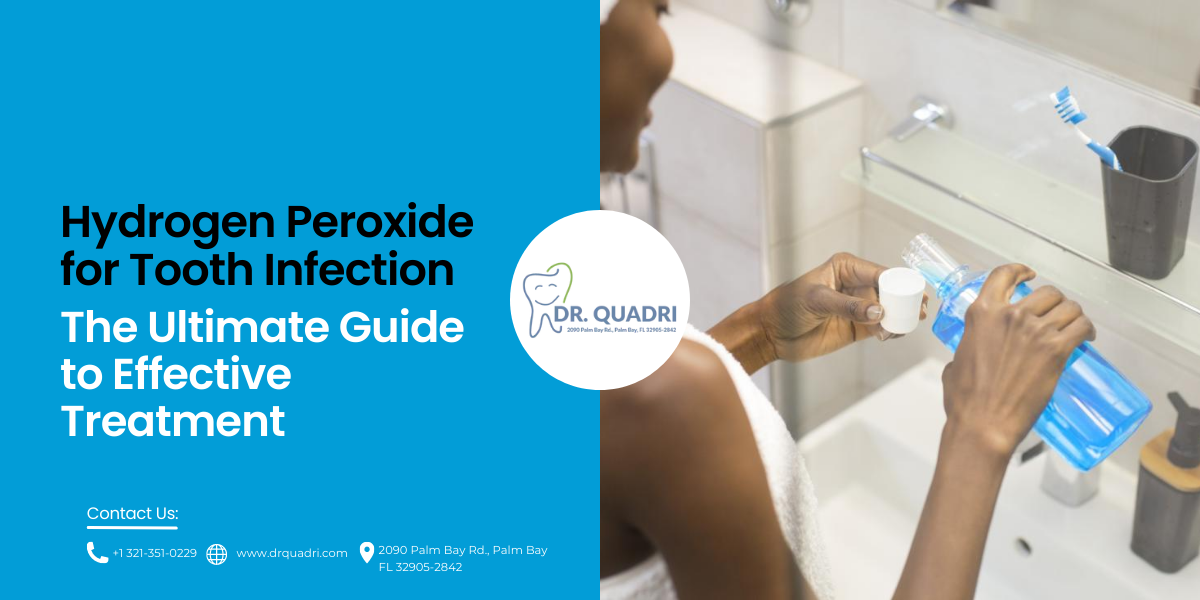Antibiotic Before Root Canal

The use of antibiotics before a root canal procedure has been a topic of debate among dental professionals for years. While antibiotics are often prescribed to prevent or treat infections, their use before a root canal is not always necessary. In fact, the American Dental Association (ADA) and the American Association of Endodontists (AAE) have guidelines that recommend limiting the use of antibiotics to specific situations.
Understanding Root Canal Therapy
Before diving into the discussion on antibiotics, it’s essential to understand what a root canal is and why it’s performed. A root canal, also known as endodontic therapy, is a procedure to remove infected or damaged pulp from a tooth. The pulp is the soft tissue inside the tooth that contains nerves, blood vessels, and connective tissue. When the pulp becomes infected or damaged, it can cause severe pain, swelling, and even lead to abscesses.
When Are Antibiotics Necessary?
Antibiotics may be prescribed before a root canal in certain situations, such as:
- Severe infection: If the tooth is severely infected, and there’s a risk of the infection spreading to other parts of the body, antibiotics may be prescribed to reduce the bacterial load.
- Systemic infection: If the patient has a systemic infection, such as a fever or swollen lymph nodes, antibiotics may be necessary to control the infection.
- Immunocompromised patients: Patients with weakened immune systems, such as those with diabetes, cancer, or HIV/AIDS, may require antibiotics to prevent infection.
- Recent trauma: If the tooth has been recently traumatized, antibiotics may be prescribed to prevent infection.
Why Antibiotics Are Not Always Necessary
While antibiotics can be effective in preventing or treating infections, they are not always necessary before a root canal. In fact, overuse or misuse of antibiotics can lead to:
- Antibiotic resistance: The overuse of antibiotics can contribute to the development of antibiotic-resistant bacteria, making infections harder to treat.
- Side effects: Antibiotics can cause side effects, such as nausea, diarrhea, and allergic reactions.
- Disruption of gut flora: Antibiotics can disrupt the balance of gut flora, leading to digestive issues and other problems.
Current Guidelines and Recommendations
The ADA and AAE recommend that antibiotics be prescribed only when necessary, such as in the situations mentioned above. The guidelines also emphasize the importance of proper diagnosis and treatment planning to minimize the risk of infection.
Alternatives to Antibiotics
In some cases, alternative treatments may be used instead of antibiotics, such as:
- Topical antibiotics: Topical antibiotics, applied directly to the infected area, may be used to reduce bacterial loads.
- Antiseptic mouthwashes: Antiseptic mouthwashes, such as chlorhexidine, may be used to reduce bacterial loads and prevent infection.
- Proper oral hygiene: Good oral hygiene practices, such as brushing and flossing, can help prevent infection and reduce the need for antibiotics.
Conclusion
The use of antibiotics before a root canal procedure should be based on a thorough diagnosis and treatment plan. While antibiotics can be effective in preventing or treating infections, they should be prescribed judiciously to minimize the risk of antibiotic resistance, side effects, and disruption of gut flora. By following current guidelines and recommendations, dental professionals can ensure that patients receive the best possible care while minimizing the risks associated with antibiotic use.
Do I always need antibiotics before a root canal?
+No, antibiotics are not always necessary before a root canal. Your dentist will assess your individual situation and prescribe antibiotics only if necessary.
What are the risks of taking antibiotics before a root canal?
+The risks of taking antibiotics before a root canal include antibiotic resistance, side effects, and disruption of gut flora.
How can I prevent infection after a root canal?
+Good oral hygiene practices, such as brushing and flossing, can help prevent infection after a root canal. Your dentist may also prescribe antibiotics or other treatments to reduce the risk of infection.
In conclusion, while antibiotics can be an effective tool in preventing or treating infections, their use before a root canal procedure should be based on a thorough diagnosis and treatment plan. By following current guidelines and recommendations, dental professionals can ensure that patients receive the best possible care while minimizing the risks associated with antibiotic use.

